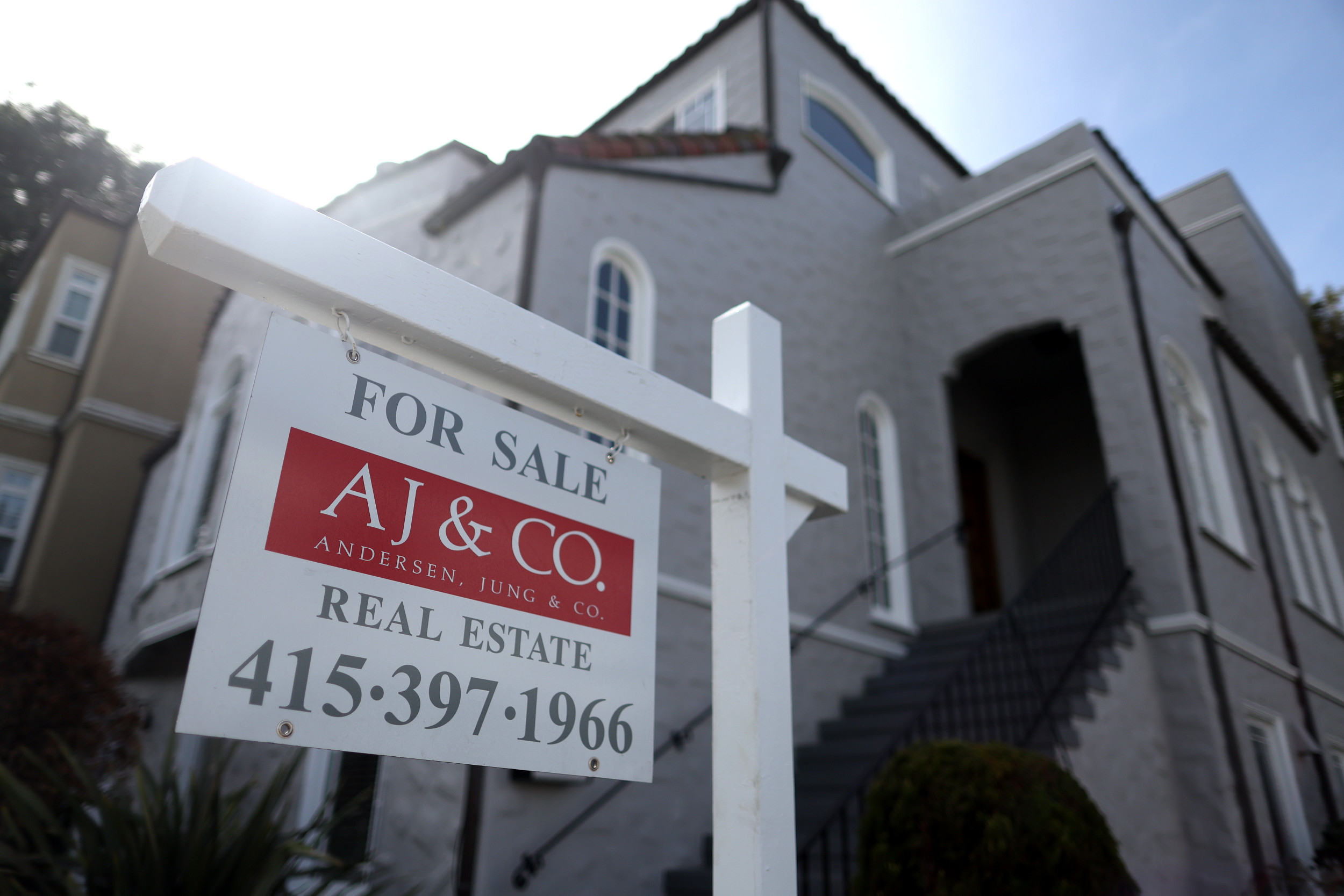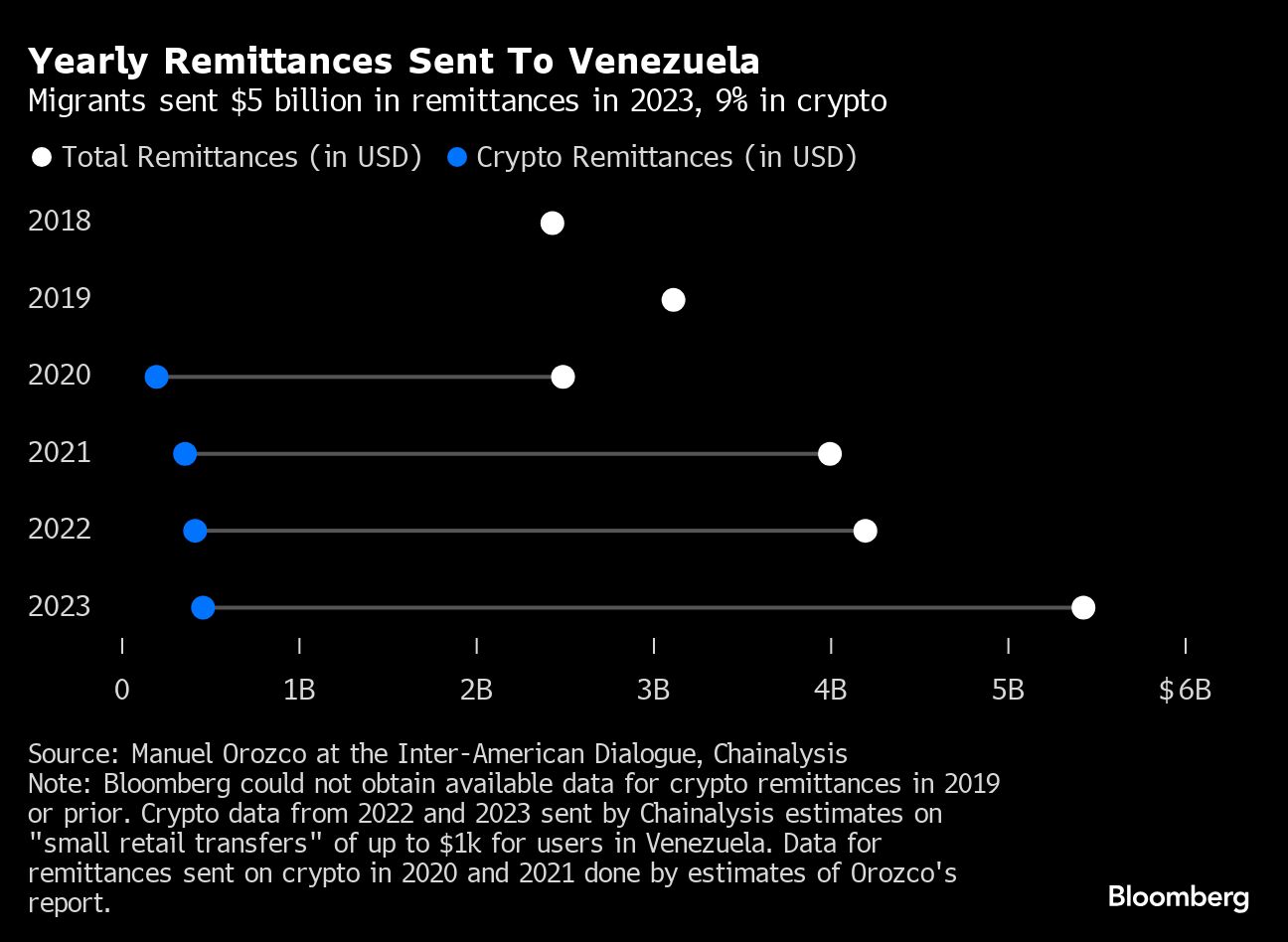
WHAT AN ELECTION YEAR COULD MEAN FOR THE HOUSING MARKET
Prospective homebuyers in America are being faced with a slew of challenges. Short supply, heavy demand and stubbornly high interest rates make navigating the housing market a difficult affair for many.
Read more: How to Qualify for an Affordable Mortgage
The election on the horizon presents another factor those looking to step onto, or move up, the property ladder may have to take into consideration.
House Prices and Mortgage Rates
"There is certainly a human element to housing prices and mortgage rates. As a result, election years can bring more volatility to prices and rates than in non-elections years. However, those moments of volatility are fleeting," said Jason Obradovich, chief investment officer at mortgage lender New American Funding.
Read more: First-Time Homebuyer Guide
"Overall, the effects on the market are more slow-moving and less prone to swings of emotion. It's always best to look at the housing market through a long-term lens."
How Economic Policies Could Affect Things
Obradovich warns that it may be challenging for the parties to ease inflationary pressures in one fell swoop, citing inflation, lack of supply and high interest rates as just some of the obstacles standing in the way of progress on this front.
"Currently, the housing market is challenged by low inventory and the rate of housing production that is not keeping pace with demand. Beyond that, interest rates are artificially high due to inflation pressures and there are no policies that a party could realistically implement that will help unlock those inflationary pressures," he said.
"In my opinion, the housing market will not return to a healthy version of itself until inflationary pressures are nearly gone and the FOMC [Federal Open Market Committee] can start lowering interest rates. That will allow homeowners to buy and sell houses more regularly while hopefully supply can begin to catch up."
To overcome America's supply issues, Obradovich said future administrations must prioritize new construction.
"My recommendation to either administration is to write policies that will encourage more homebuilding. A greater supply of housing is the healthiest long-term strategy to help unlock a frozen, mostly unaffordable market. It will help first-time homebuyers find an affordable home, help individuals looking to upsize or downsize their home, and those that are looking to move to a new area."
How Election Cycles Impact the Housing Market
"More than anything, what typically affects the housing market in election years is the market's reaction to the election results. If the market believes the party that wins the election will stimulate growth, then we could see positive effects on the overall economic outlook," Obradovich said.
"The challenges that impact housing today are unfortunately more structural than policy-driven, which means it will be very difficult for any administration to do anything that truly affect the market."
What Homeowners Should Look Out For
To navigate successfully through the current market, Obradovich recommends paying more attention to the decisions made by the Federal Reserve than political maneuvers ahead of the November's election.
"Between now and the election, the moves or lack of moves from the Federal Reserve will have much more impact on the market than the machinations of a political race. If the Fed is comfortable enough to lower interest rates in the next few months, that will help bring interest rates down, which will help improve affordability for homebuyers.
"The bottom line is that prospective homebuyers need to monitor the market and be aware of what's happening, but be ready to capitalize on an opportunity if one presents itself," he said.
Experts have previously warned that U.S. cities may be failing in their approach toward dealing with affordability issues.
A working paper by Harvard University's Joint Center for Housing Studies posited that continuing to build suburban homes in the hope this will reduce housing costs in cities may not be effective.
The report's preliminary findings suggested that expanding suburban housing had "little effect on urban housing affordability or on the welfare of low-income urban households."
Newsweek has previously mapped the U.S. cities with the biggest jumps in house prices since 2019.
Do you have a story we should be covering? Do you have any questions about the housing market? Do you have any questions about the 2024 Presidential Election? Contact [email protected]
2024-07-04T18:24:34Z dg43tfdfdgfd











